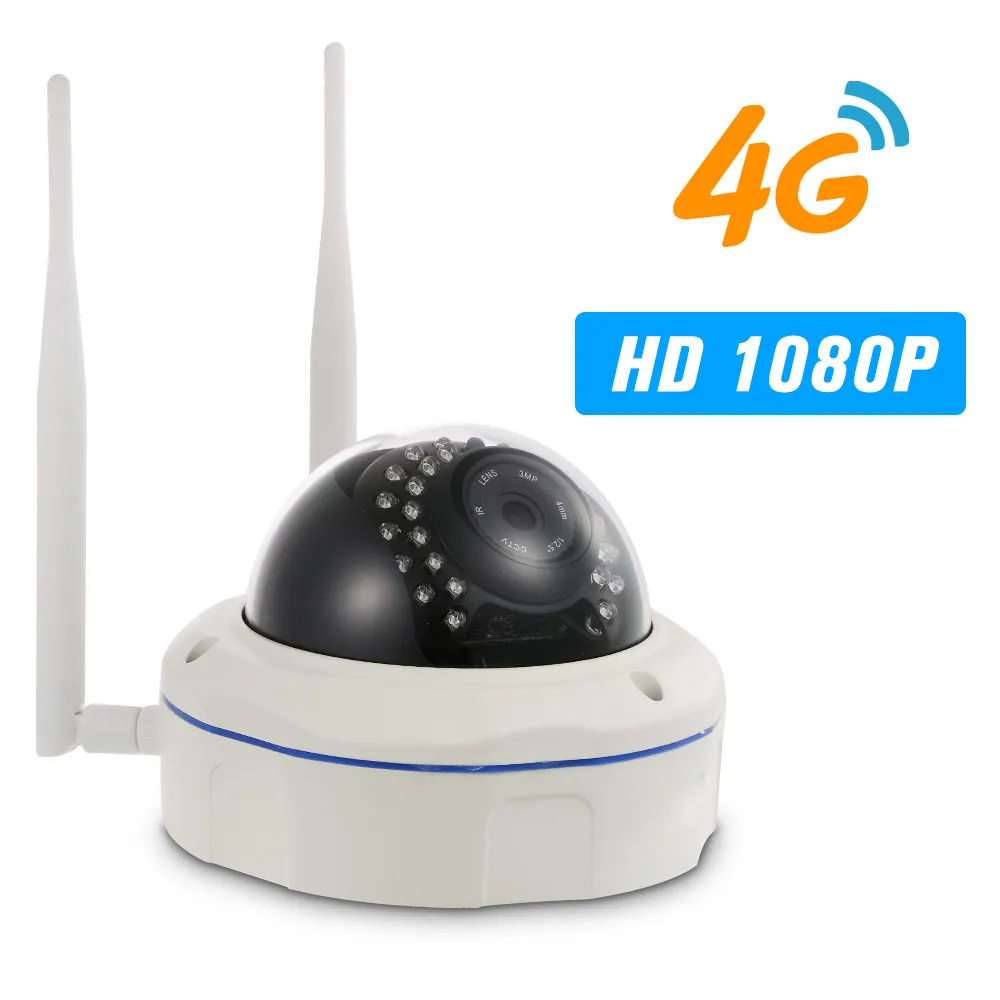Introduction
4G wireless cameras are security cameras that use the cellular network to transmit video footage to a remote location. These cameras are typically used in remote locations where traditional security cameras are not feasible due to their lack of connectivity. The importance of security in remote locations cannot be overstated. These areas are often vulnerable to theft, vandalism, and other security threats. By using 4G wireless cameras, remote locations can be monitored and secured, providing peace of mind to those responsible for their safety.
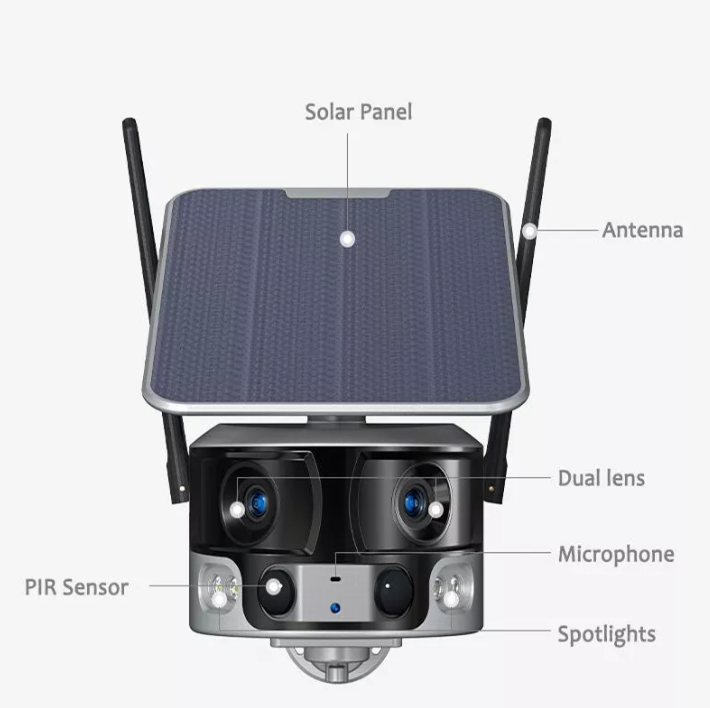
Advantages of Wireless Security Cameras
Flexibility and Convenience
One of the significant advantages of using wireless security cameras is their flexibility and convenience. Unlike traditional security cameras, which require wiring and connectivity to transmit footage, wireless cameras can be placed anywhere and do not require any complicated installation. This makes them an ideal solution for remote locations, where setting up wired cameras is not feasible.
Easy Installation
Another significant advantage of wireless security cameras is their easy installation. Since they do not require any wiring, they can be installed quickly and easily. This makes them an ideal solution for remote locations, where it may not be possible to install wired cameras due to the lack of infrastructure.
Remote Monitoring
Wireless security cameras can be monitored remotely, providing real-time footage to the user. This is particularly useful in remote locations, where it may not be possible to be physically present. By using a mobile device or a computer, the user can monitor the footage from anywhere, at any time.
Enhanced Safety and Security
By using wireless security cameras, remote locations can be secured and monitored, providing enhanced safety and security. This is particularly useful for businesses that have assets in remote locations, such as warehouses, storage facilities, and construction sites. By using wireless security cameras, these assets can be monitored and secured, reducing the risk of theft and vandalism.
4G Security Cameras
4G security cameras are security cameras that use the 4G cellular network to transmit video footage to a remote location. These cameras differ from traditional security cameras in that they do not require a wired connection to transmit footage. Instead, they use the cellular network to transmit footage, making them an ideal solution for remote locations.
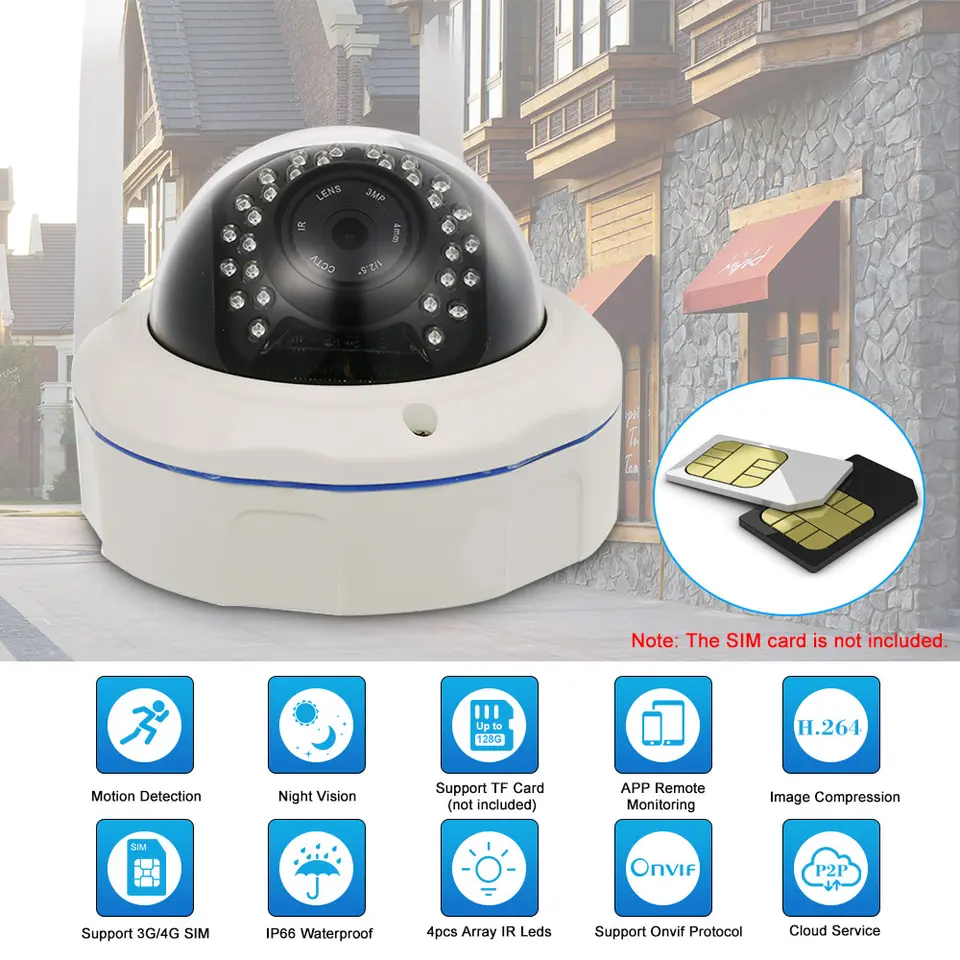
Benefits of Using 4G LTE wireless Cameras for Remote Locations
One of the significant benefits of using 4G LTE wireless cameras for remote locations is their ability to transmit footage over long distances. Since they use the cellular network, they can transmit footage from remote locations to a central location, providing real-time monitoring of the location.
Another benefit of using 4G LTE wireless cameras is their ability to operate in areas without Wi-Fi or other connectivity options. This makes them an ideal solution for remote locations where traditional security cameras are not feasible.
How Do 4G Security Cameras Work?
4G security cameras work by using 4G technology to transmit video footage to a remote location. 4G technology is a high-speed cellular network that provides faster data speeds than 3G or 2G networks. By using 4G technology, 4G security cameras can transmit high-quality video footage over long distances.
Advantages of Using 4G Technology for Remote Monitoring
One of the significant advantages of using 4G technology for remote monitoring is its speed. 4G technology provides faster data speeds than 3G or 2G networks, allowing for real-time monitoring of remote locations. Additionally, 4G technology offers greater bandwidth, which means that more devices can be connected to the network without compromising speed or quality.
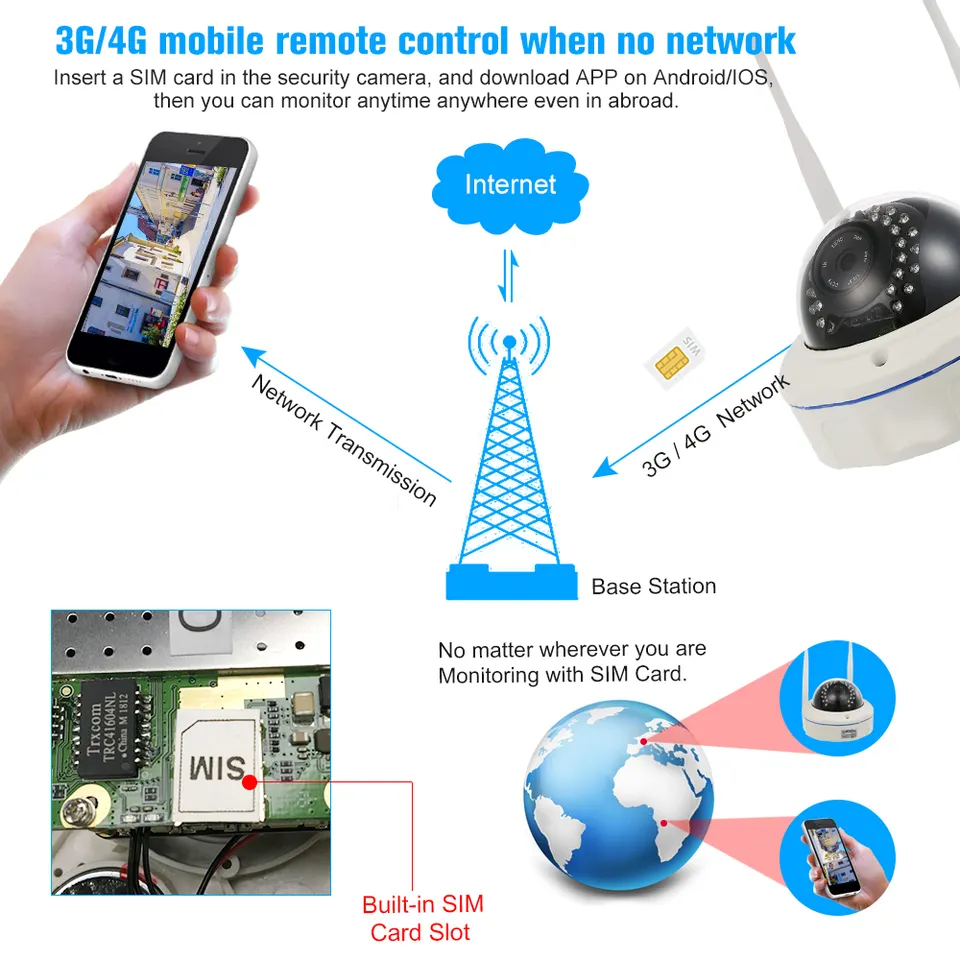
Are 4G Security Cameras Secure?
Security is a significant concern when it comes to wireless networks, and 4G security cameras are no exception. However, there are measures that can be taken to secure 4G security cameras, such as using strong passwords and encrypting the data transmitted over the network. Additionally, using SIM cards with 4G security cameras can enhance their security, as the SIM card can be locked to a specific network, preventing unauthorized access.
What’s the best cellular security camera?
When it comes to purchasing 4G security cameras, the cost can be a significant factor. However, there are several options available for those looking for the cheapest 4G security cameras. Factors that affect the cost of 4G security cameras include the camera’s features, video quality, and brand. Some recommendations for the cheapest 4G security cameras include the JER 4G dome camera and 4G solar PTZ Camera.
As a leading provider of 4G wireless cameras, JER Technology Co., Ltd offers a wide range of high-quality 4G security cameras for remote locations. Our product line includes 4G Dome cameras, 4G bullet cameras, and 4G Solar PTZ Cameras, all of which are designed to provide flexible and convenient remote monitoring solutions for businesses and homeowners alike. With a focus on innovation and customer satisfaction, JER Technology Co., Ltd is committed to providing reliable and cost-effective 4G security cameras that meet the unique needs of our clients.
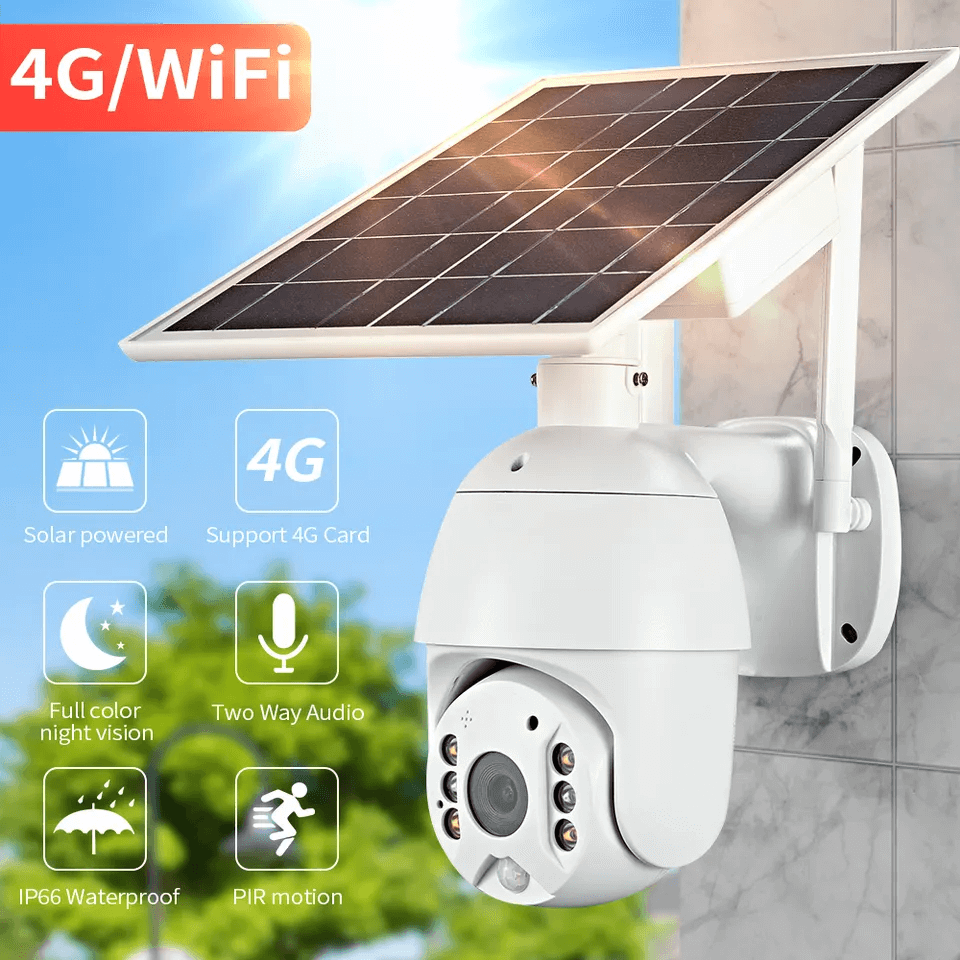
How Much Data Does a 4G Security Camera Use?
The amount of data used by a 4G security camera can vary depending on several factors, such as video quality, frame rate, and the length of time the camera is recording. On average, a 4G security camera can use between 1-2GB of data per month. To minimize data usage, users can adjust the camera’s video quality settings, set motion detection triggers, and limit the camera’s recording time.
Conclusion
In conclusion, 4G wireless cameras offer several advantages for remote locations. These cameras provide flexibility and convenience, easy installation, remote monitoring, and enhanced safety and security. 4G security cameras use 4G technology to transmit video footage over long distances, providing real-time monitoring of remote locations. While security is a concern when it comes to wireless networks, there are measures that can be taken to secure 4G security cameras. For those looking for the cheapest 4G security cameras, there are several options available, and users can minimize data usage by adjusting the camera’s settings. Overall, 4G wireless cameras are an ideal solution for securing remote locations and providing peace of mind to those responsible for their safety.

